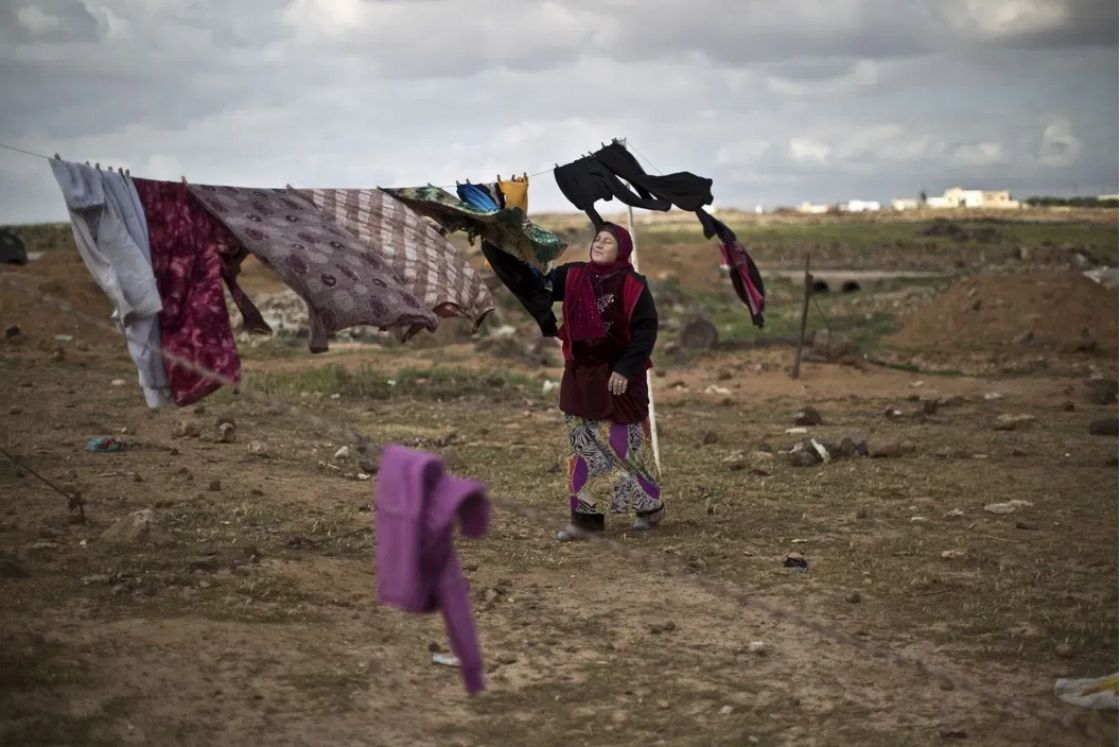- Editorials
- Posted
Kassioun Editorial 1188: The Political Solution and the “New European Policy”
The European policy, said to be “new”, towards Syria is summed up in one clear sentence that came in the non-paper that eight European countries sent mid last month to the EU’s High Representative for Foreign Affairs and Security Policy. The aforementioned sentence is: “Today, a political solution in line with UN resolution 2254 seems out of reach”.
Based on this sentence, along with a descriptive account of realities, these eight countries call for a set of measures that are essentially an executive framework for the “step-for-step” project, which includes normalization with the regime, a gradual lifting of sanctions, and a reconsideration of the effectiveness of the moderate opposition the EU is supporting until it is completely abandoned. In short, the policies proposed in the paper are the practical completion of the policy of “changing the regime’s behavior” that the West has adopted, starting with the UK and the US since mid-2016, which was and still aims to extend the crisis indefinitely, deepen it, and confirm the de facto division, precisely by relying on the narrow interests of the de facto forces and warlords.
Anyone who treats the “new proposal” as a proposal limited to the eight countries that submitted it, which are second- and third-tier countries in terms of weight within the EU, is delusional. Anyone who believes that the proposal is purely European is also delusional. Rather, it is essentially an American-British action plan, in which roles are distributed among its players between pressure on one side and facilitation on the other, within the framework of completing the process of subjugating the regime or, as they put it, “changing its behavior”.
What reveals this truth is the complete harmony between what these countries say in their proposals, and Washington’s actual policy, and even its official statements, which – as is well known – rarely align with the real actions, all of which contribute to working against UNSC Resolution 2254.
What the old-new proposal reveals is that practical steps towards completely abolishing the political solution have already begun and have made considerable progress. Completion of the steps implicitly entails the gradual abandonment of the Western-backed portion of the opposition, which this proposal constitutes an announcement of the beginning of the end of its role and validity.
There are two clear outcomes of the above:
First, the West has not and will not work on a political solution and implementation of UNSC Resolution 2254, and it has never mentioned this resolution except as a lie, hypocrisy, and cover for its actual plan of “step-for-step” and “changing the regime’s behavior” in a way that serves its goals within the region, primarily the Zionist goals. Today, as the West is gradually moving towards announcing its rejection of 2254, as it previously did with the Minsk agreements, it is in the final stages of implementing its plan.
Second, the portion of the opposition that relied on the West for 13 years, considering it its ally and savior, in addition to the destruction and disasters that this portion has caused, and the political and patriotic sins it has committed, its own fate is now threatened by the end of the function entrusted to it.
In light of these two outcomes, this portion of the opposition must be content with what it has committed, and withdraw from political work, or be unconditionally at the disposal of the democratic patriotic opposition that is qualified to achieve direct negotiations and a solution according to 2254, and only 2254, now and in its entirety. This would be done in accordance with the intersection of the true interests of stability and getting out of the crisis, with the Astana tripartite, China, and key Arab countries, headed by Egypt and Saudi Arabia.


